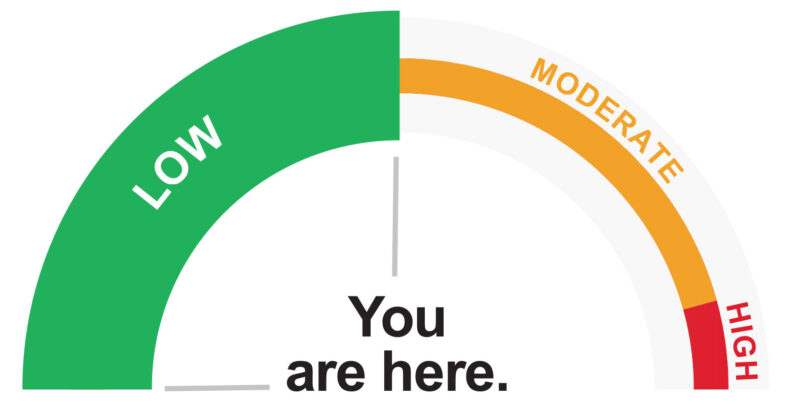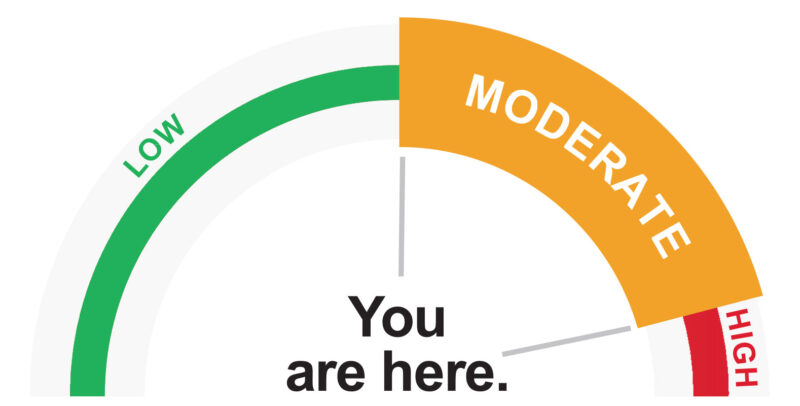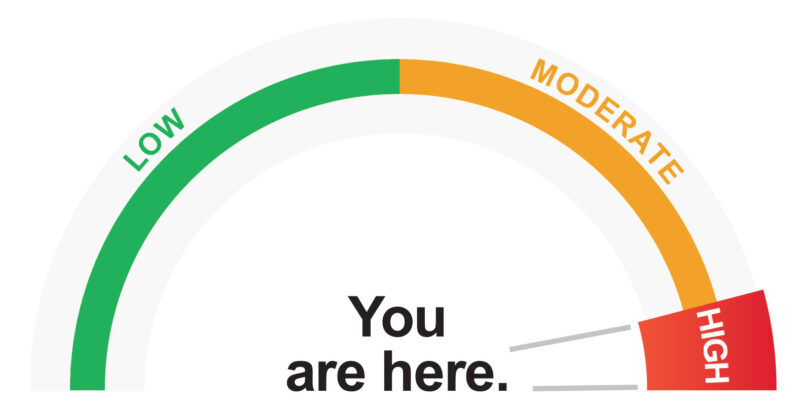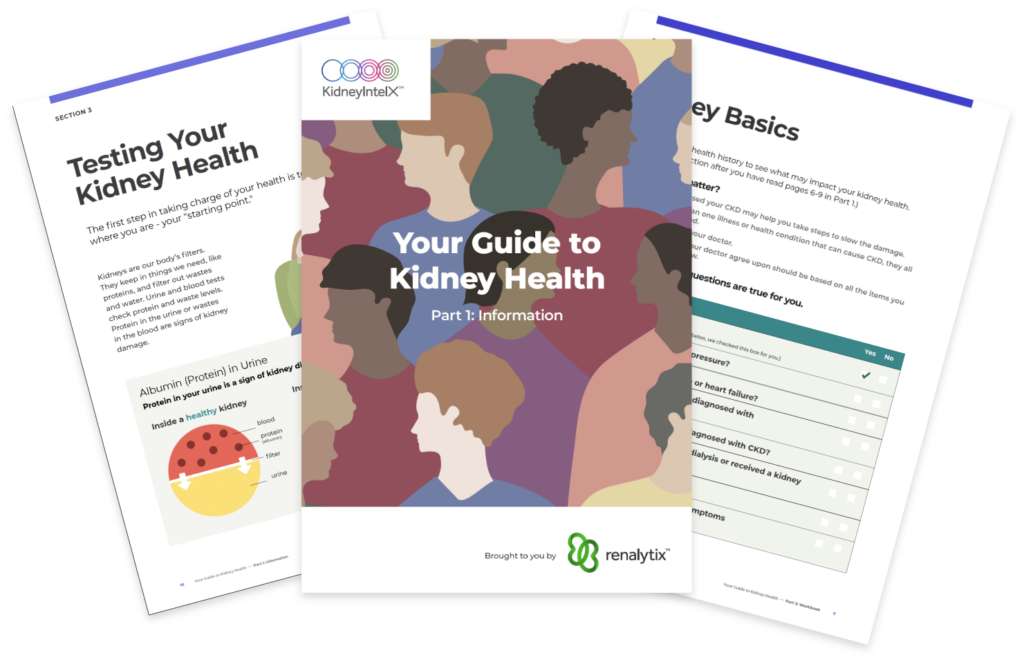Kidneys are critical to your overall health.
Most people with chronic kidney disease do not know they have it.
Black/African American people are more likely to develop kidney failure than White people.
Did you know?
Diabetes is the leading cause of kidney disease.
That’s why it’s our first area of focus.
Type 2 diabetes is the leading cause of chronic kidney disease (CKD), representing nearly 40%1 of its cases.
If you have type 2 diabetes, it’s important to find out early if you have a problem with your kidneys. The earlier you know, the earlier you can do something to slow it down and keep your kidneys healthy. That will help avoid heart problems and kidney failure, dialysis or transplant associated with diabetes and kidney disease.
1 diabetesjournals.org/care/article. Accessed 03.2024
Find out your risk for progression.
It starts with a simple blood test.
If you are an adult and you have type 2 diabetes and kidney disease, you can find out your risk for disease progression.
That’s what kidneyintelX.dkd™ was designed to do.
After a simple blood test, you and your doctor will receive a report to let you know if you are at low, moderate, or high risk for disease progression over the next 5 years. By knowing your risk early, you can work with your doctor to take actions to help slow the disease.



Your kidney health outlook. Excellent.
The good news: Most patients will get a low risk result from their kidneyintelX.dkd test.
For patients with a moderate or high-risk result, by catching it early, you and your doctor can develop a plan for what to do before it gets worse. That can include changes to your medications, talking to a specialist, and lifestyle changes that should be able to slow disease progression and avoid further injury to the kidney.
According to our clinical study, patients fall within one of three risk levels: high, moderate and low:
~55%
Approximately 55% of patients tested with kidneyintelX.dkd received a ‘Low’ risk result.
~35%
Approximately 35% of patients tested with kidneyintelX.dkd received a ‘Moderate’ risk result.
~10%
Approximately 10% of patients tested with kidneyintelX.dkd received a ‘High’ risk result.
Please avoid kidneyintelX.dkd testing if on ENBREL medication.
Knowing is better than wondering.
For your best kidney health, it’s important to know your risk and to act fast. With these 4 easy steps, you will be more in charge of your kidney—and overall—health.
1
With your doctor, decide if
kidneyintelX.dkd
is right for you.
2
This one simple blood test is all you need to get your risk result.
3
Discuss the kidneyintelX.dkd risk result with your doctor.
4
Together, you will develop a plan for what to do next.
